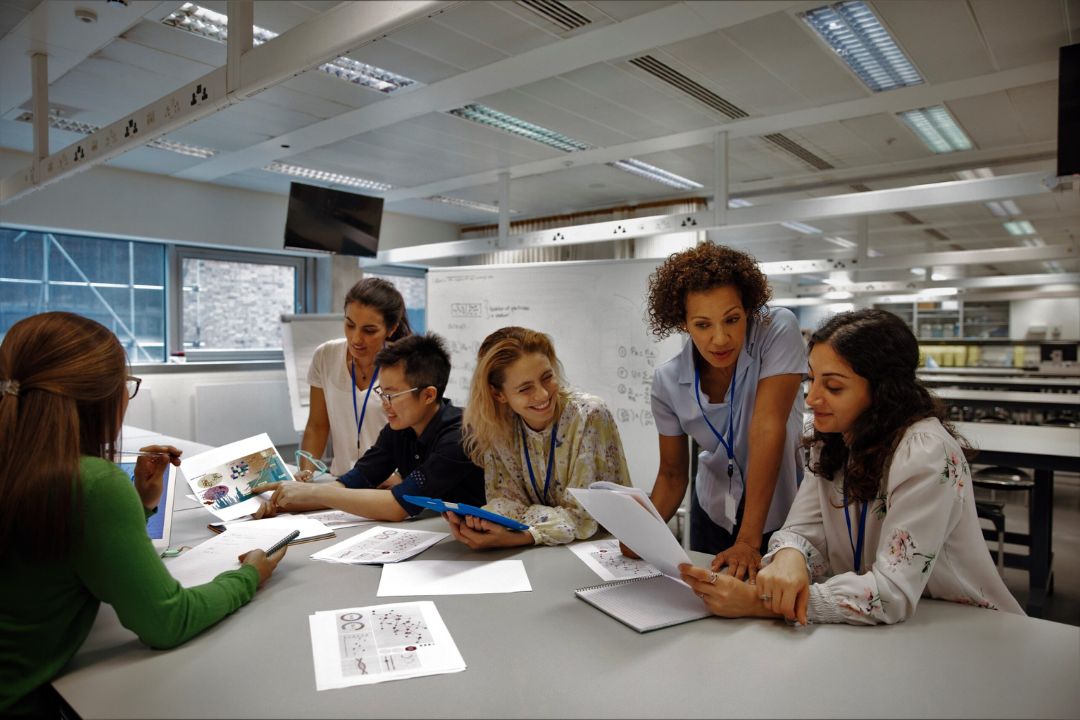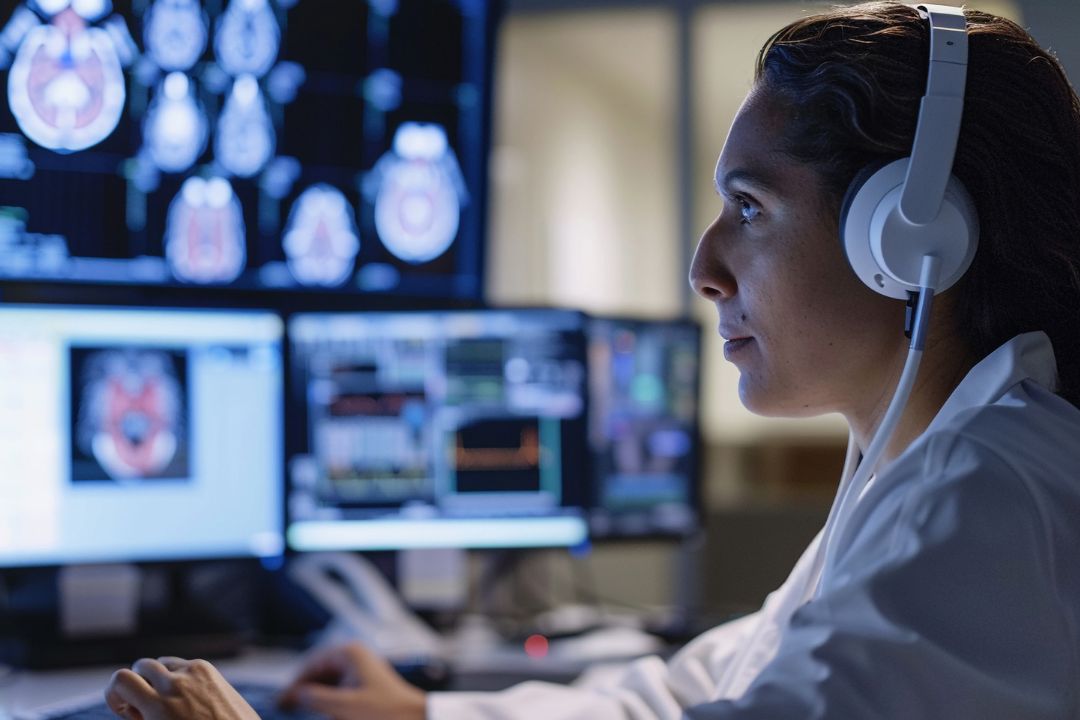22nd May 2020
€7,500 vouchers let start-ups participate in EIT Health Accelerator programme to provide an innovative ecosystem
Ten start-ups have been granted €7,500 vouchers that will allow them to develop their healthcare innovations in a “living laboratory”, in cooperation with professionals, patients and other stakeholders, through EIT Health’s Living Labs and Test Beds programme.

The first round of start-ups chosen for the programme in 2020 offer a range of solutions, such as affordable decontamination to prevent spread of infections in hospitals, a platform to support patients involved in clinical trials, testing to improve individualised cancer treatment and an app to help women know when they are more likely to conceive. The decision to support these start-ups was announced in early May and was made after an evaluation process that included 30 eligible applicants.
Living labs and test beds are open innovation ecosystems where potential users, including healthcare professionals and patients, cooperate on solutions to healthcare challenges. Living labs support entrepreneurs throughout the different phases of development, helping innovators with ideation, co-creation, validation and scaling-up.
The EIT Health Living Labs and Test Beds programme provides the benefits of living labs and test beds to entrepreneurs, so they can develop market-ready products with high added value and a high probability of success. Based on the assessment of experts from various European living labs, this EIT Health Accelerator programme chooses the most promising applicants to receive vouchers that will pay for their participation.
A second group of start-ups will be supported in participation in the programme in the second half of this year. Applications from start-ups for the second round are being accepted until 15 June 2020. Find out more here.
The chosen start-ups
Read more about the ten start-ups chosen to receive Living Labs and Test Beds support in the first round of selections for 2020:
Biomedical Lab srl (Italy): Focusing on development of two projects: the PD-Watch, a wearable device to support diagnosis and monitoring of Parkinson’s disease; and MyVenus, a telemedicine system to monitor patients receiving mechanical ventilation treatment at home.
Delox (Portugal): Designing compact and effective bio-decontamination systems based on their proprietary technology, a solid formulation of hydrogen peroxide. Their goal is to fight hospital acquired infections and multi drug resistant organisms by delivering affordable systems for bio-decontamination that can be used by everyone, everywhere.
Flomics Biotech SL (Spain): Developing a revolutionary liquid biopsy capable of detecting complex diseases before the first symptoms appear, using one single blood sample. The procedure is affordable, non-invasive and allows early and accurate diagnosis through detection of a wide range of biomarkers.
Marion Surgical Limited (UK): Developing and selling a virtual reality surgical rehearsal platform that allows learners to watch a simulated surgery – and also to feel it, thanks to realistic haptics.
MyIndicators 46 AB (Sweden): Developers of the first-ever personalised healthcare solution that can drive self-care and behavioral change remotely – from clinic to home, for chronic patients and for pre- and post-surgical care. The users set their own health goals and the solution helps them achieve those goals.
Nanofaber srl (Italy): Developing an innovative portfolio of materials and nanotechnologies oriented towards treatment of chronic diseases. MICROSPONGE, their main asset, is a micro-thin material offering high clinical potential, with applications for pharmaceutics, drug delivery and medical devices.
NuMat Medtech SL (Spain): Developing novel bioactive and multifunctional coatings for dental and orthopedic implants. The nano-surfaces of their coatings promote integration of implants with soft and hard tissue of the body while significantly reducing inflammation and risk of infections. The product offers a real potential to reduce failure of implants and to increase quality of life in patients with impaired bone diseases.
PatchAi Srl (Italy): Providing the first empathic virtual assistant for patients enrolled in clinical trials, to improve the patient’s experience and reduce the likelihood that they drop out of a trial. The company seeks to develop digital health solutions dedicated to safer, faster and affordable medical product development for the betterment of patients’ lives.
Sinfonic – Babyndex project (Hungary): Developing a real-time application that tells immediately on which days a fertile woman is more likely to conceive. The solution lets women use the camera feature of a mobile device to capture images of a saliva sample for analysis.
TherapySelect (Germany): Offering tests to help determine the best treatments and dosages for cancer therapy. Their solution helps physicians to select the most effective drugs specific to individual patients, leading to prolonged survival and improved quality of life.
New article lays framework for DMD evaluation in EU

An EIT Health-led article published in Nature.
New data shows AI innovation needs skills beyond coding

The largest live dataset of AI start-up talent analysed.
Europe's top health start-ups take centre stage: EIT Health Catapult winners are revealed at HLTH Europe

2025 Catapult programme winners announced.